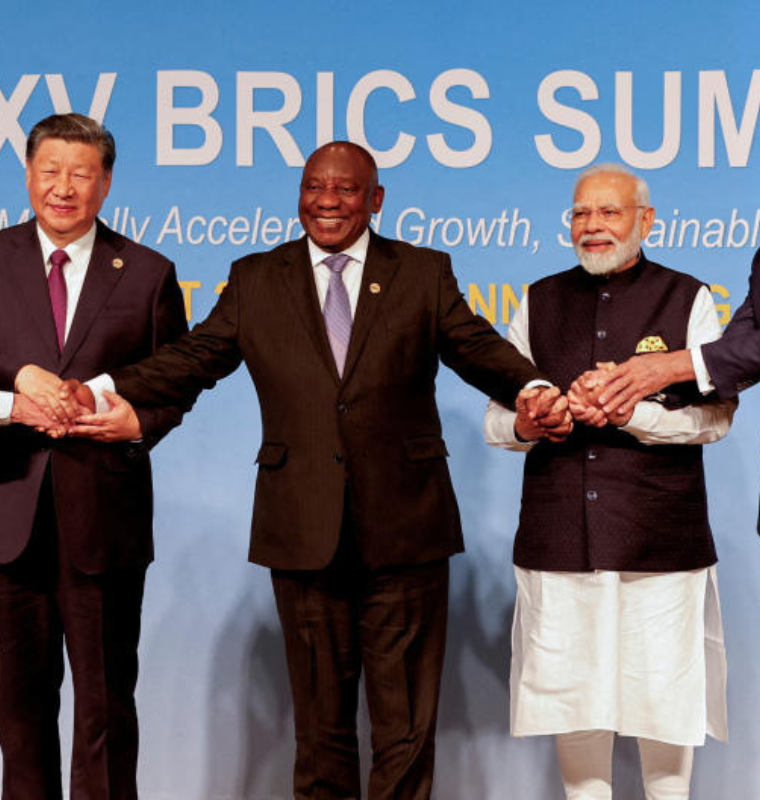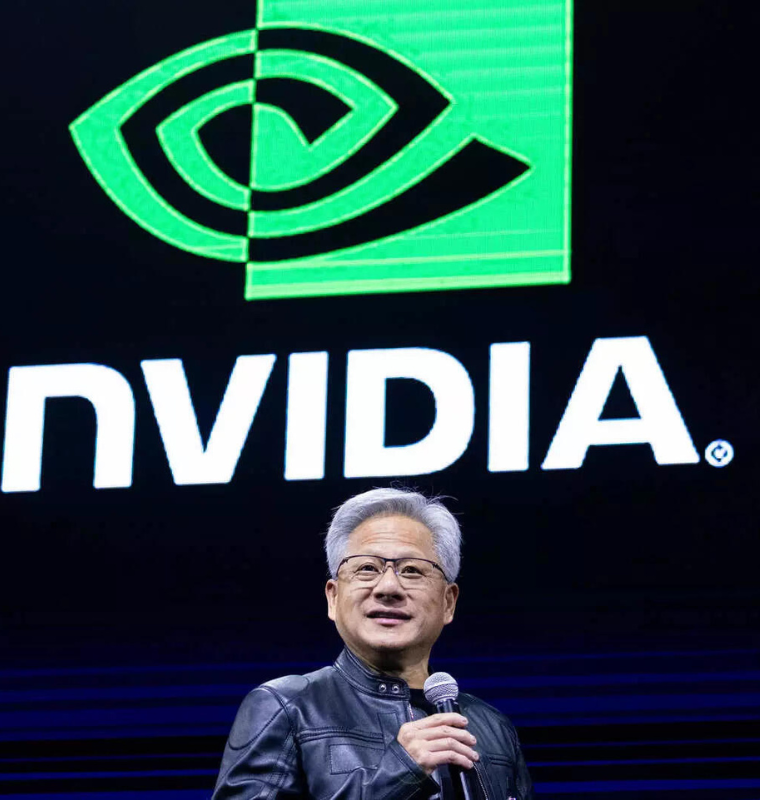Scale AI Slashes 14% of Workforce Weeks After Meta's $14.3B Investment and Founder’s Departure
Scale AI Slashes 14% of Workforce Weeks After Meta's $14.3B Investment and Founder’s Departure
By
Rachel Steinberg
Last updated:
July 17, 2025
First Published:
July 17, 2025

Getty Images
Scale AI Announces Major Layoffs Amid Organizational Restructuring
Scale AI, the artificial intelligence infrastructure company that recently secured a $14.3 billion investment from Meta, is laying off 14% of its full-time workforce, or around 200 employees, just weeks after its founder and CEO Alexandr Wang joined Meta as Chief AI Officer.
In addition to the full-time layoffs, the company confirmed that it’s terminating contracts with 500 contractors worldwide, aiming to streamline operations and refocus its data annotation business.
Internal Memo Reveals Overexpansion and Bureaucracy
Interim CEO Jason Droege, who stepped in after Wang’s departure, informed employees in a company-wide memo that Scale had expanded its generative AI efforts too aggressively, leading to inefficient layers of management and operational drag.
“These changes will make us more nimble — enabling us to react more quickly to shifts in the market and customer needs,” Droege stated in the memo obtained by CNBC.
He emphasized that the company remains financially strong and is planning to increase hiring in the second half of 2025, specifically across its enterprise, public sector, and international divisions.
Industry Backlash and Partnership Shifts
Scale AI, founded in 2016 by Wang when he was just 19, became a key data labeling partner for top AI companies including OpenAI, Google, and Microsoft. The company’s core business revolves around preparing massive volumes of data used to train large language models (LLMs) and other generative AI systems.
However, recent reports from Reuters and Bloomberg indicate that Scale AI’s strategic alliance with Meta has caused friction with some of its former collaborators. OpenAI has gradually pulled back from working with Scale AI, and Google is reportedly reducing its partnership due to competitive concerns surrounding Meta's growing AI footprint.
Meta’s AI Ambitions and Wang’s New Role
Meta’s investment in Scale AI is part of a broader multibillion-dollar push to rival OpenAI and Anthropic in the generative AI race. As part of this initiative, Meta CEO Mark Zuckerberg appointed Alexandr Wang to head Meta Superintelligence Labs, a newly formed division focusing on next-generation AI capabilities.
Wang’s move brought a small group of Scale AI employees with him, marking a strategic shift in talent and focus for both companies.
Scale AI’s Future Plans
Despite the layoffs, Scale AI says it’s repositioning for long-term growth. The company plans to redirect resources into high-demand segments, particularly in enterprise AI applications and government partnerships, both in the U.S. and internationally.
“We’re streamlining our data business to help us move faster and deliver even better data solutions to our GenAI customers,” said Joe Osborne, a company spokesperson.
He also confirmed that all affected full-time employees have been offered severance packages, and that the company is investing heavily in expanding its AI product suite tailored for large institutions.
The Bottom Line
Scale AI’s dramatic downsizing, despite its funding windfall from Meta, highlights the volatile and competitive nature of the AI industry in 2025. While the company aims to realign itself around more sustainable and scalable opportunities, its ability to recover former clients and adapt to market shifts will be critical to its future.
As the AI arms race intensifies, the intersection of talent, funding, and partnerships will define the winners — and casualties — of this next wave of technological transformation.
Popular articles
Subscribe to unlock premium content
Inside the Empire That Fueled America's Opioid Crisis

Lehman Brothers' $639 Billion Meltdown: The Day Wall Street Shattered

Trump vs BRICS: The New Cold War Over Global Power

Inside the Empire That Fueled America's Opioid Crisis

Lehman Brothers' $639 Billion Meltdown: The Day Wall Street Shattered

Inside the Empire That Fueled America's Opioid Crisis









